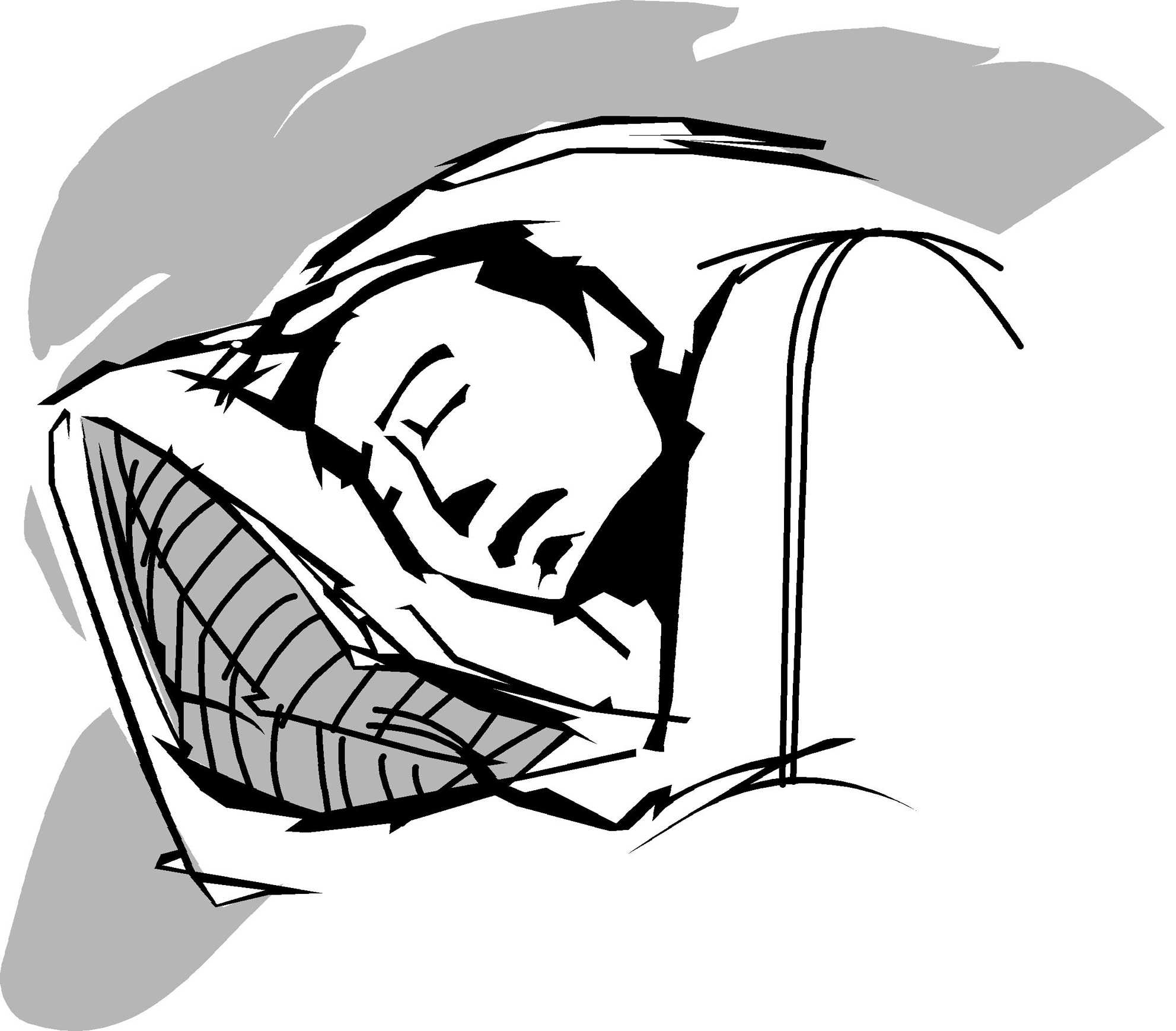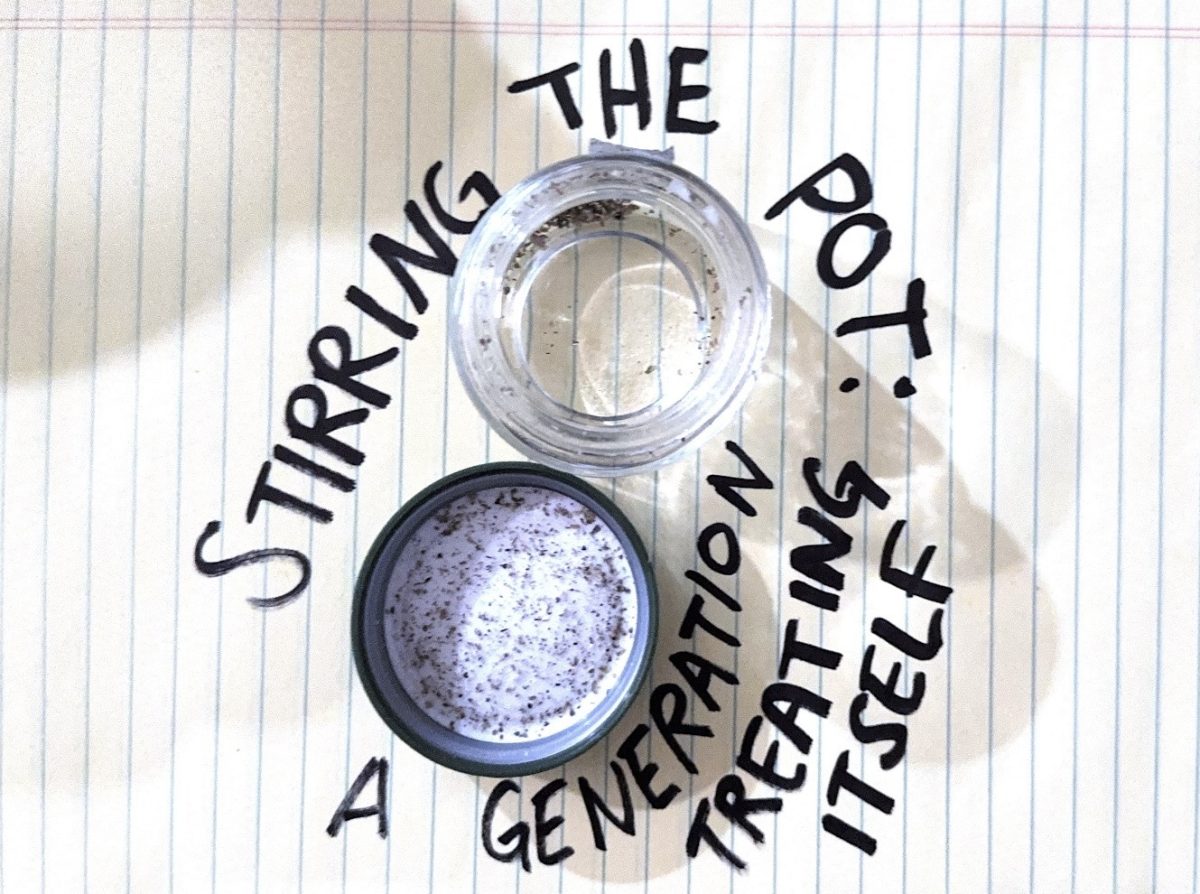In our technologically driven and on-the-go society, more people are sacrificing their sleep to get accomplish as much as they can within 24 hours.
The National Sleep Foundation recently released a study updating on the recommended number of hours of sleep each person should get based on age group. The study showed that people who fall between ages 18 to 64 years old should get around seven to nine hours of sleep each night.
Lindsey Bundrant, nutrition major, spoke of her opinion on this study.
“I think that everyone’s body works differently so it could vary,” Bundrant said. “But I think on average it is a healthy amount of sleep for a typical person.”
She says that she suffers from anxiety and stress, which adds to her struggle in falling asleep at night.
“Just being able to calm my mind to fall asleep is really hard to do,” she said. “My focus and energy levels are very low. My motivation is even decreasing.”
Bundrant is just one of many students that has trouble with sleep. According to the 2013 National College Health Assessment, the Klotz Student Health Center reported that after surveying a total of 3,658 students at CSUN, the top three things affecting academic performance are stress, sleep difficulties and work.
Journalism professor, Elizabeth Blakey, teaches a morning course, where she began to notice the impact of sleep deprivation on students. She provided two suggestions to help these sleepy students get by.
“Two ways to get around the effects of sleep deprivation are power naps, and also being sure that you eat a full breakfast,” Blakey said. “When students combine lack of sleep with lack of breakfast, then they’re not going to perform as well, especially in morning courses.”
The NCHA also showed that when students were asked how often they felt tired during the day due to not getting enough sleep, 42.5 percent said there are three to five days of the week they feel this way.
Maggie Bilger, journalism major, gave her two cents about why so many college students feel tired.
“We’re very active all the time and have a lot of homework and studying to do,” Bilger said. “I wish I could get more sleep because I wake up and I’m pretty exhausted.”
Bilger also noted that college students try to make time for working out, even after a long day at school or work. Multiple studies over the past decade have shown that exercising late at night can add to difficulties in falling asleep.
Grad student and fitness instructor, Brandon Nate, gives reasons behind this notion.
“When we exercise, our nervous system is energized so when we workout late at night we are unable to calm the nervous system down which can lead to restlessness,” Nate said.
Nate says exercise has also been shown to increase self-reported quality of sleep.
“One reason to get up early for that morning workout is that exercise has been shown to have a positive effect on our concentration ability, better preparing us for the day ahead,” Nate said.
Some students may still find falling asleep a challenge, even when they do not exercise late at night.
At the Klotz Student Health Center, health educator, Marianne Link, understands the wide variety of difficulties students often face in terms of sleep.
“Sleep difficulties get in the way of success,” Link said. “We encourage students to take a nap, but take a brief nap of no more than 20 minutes.”
Other tips she suggested were to use the bed for sleeping purposes rather than laying in it trying to do homework. This helps students associate the bed with sleep. Also, getting rid of clutter and books when the day is over helps from any disruptions that might be fogging students’ minds at night.
“Sometimes it helps students to cover the face of a digital clock so if they wake up they don’t see the time,” she added. “It can be a distraction and make it difficult to fall back asleep.”
Link also suggested that if students find themselves waking up multiple times throughout the night, it might be a good idea to get up and move around then try going back to bed, rather than just laying in bed and waiting to fall back asleep while staring at the ceiling.
For students that have difficulty falling asleep, it is recommended to not exercise late at night, be weary of caffeine intake during the day, and talk to a therapist or counselor when overwhelmed with stress.
There are a multitude of resources available on campus for students to take advantage of when feeling sleep deprived or stressed.
There are counseling services, biofeedback machines that help control stress and energy levels, peer educators that can talk with students about stress reduction and sleep improvement, massage therapists, and acupuncturists.
It is advised that students take advantage of these available resources to better manage their time, and get through college with enough time for a healthy amount of sleep.
“As difficult as it might be for a student, I think it’s important to make sleep a priority,” Link said.






